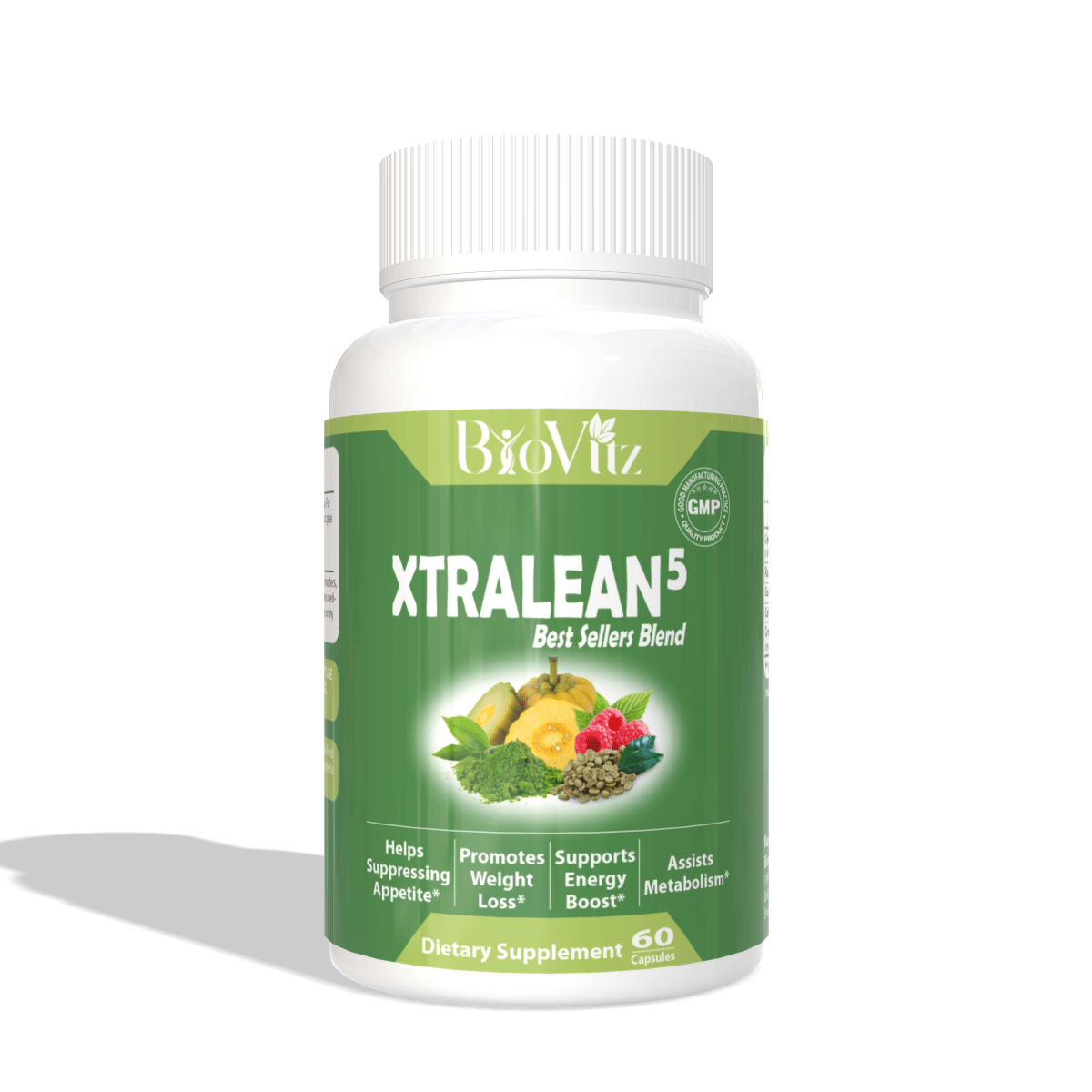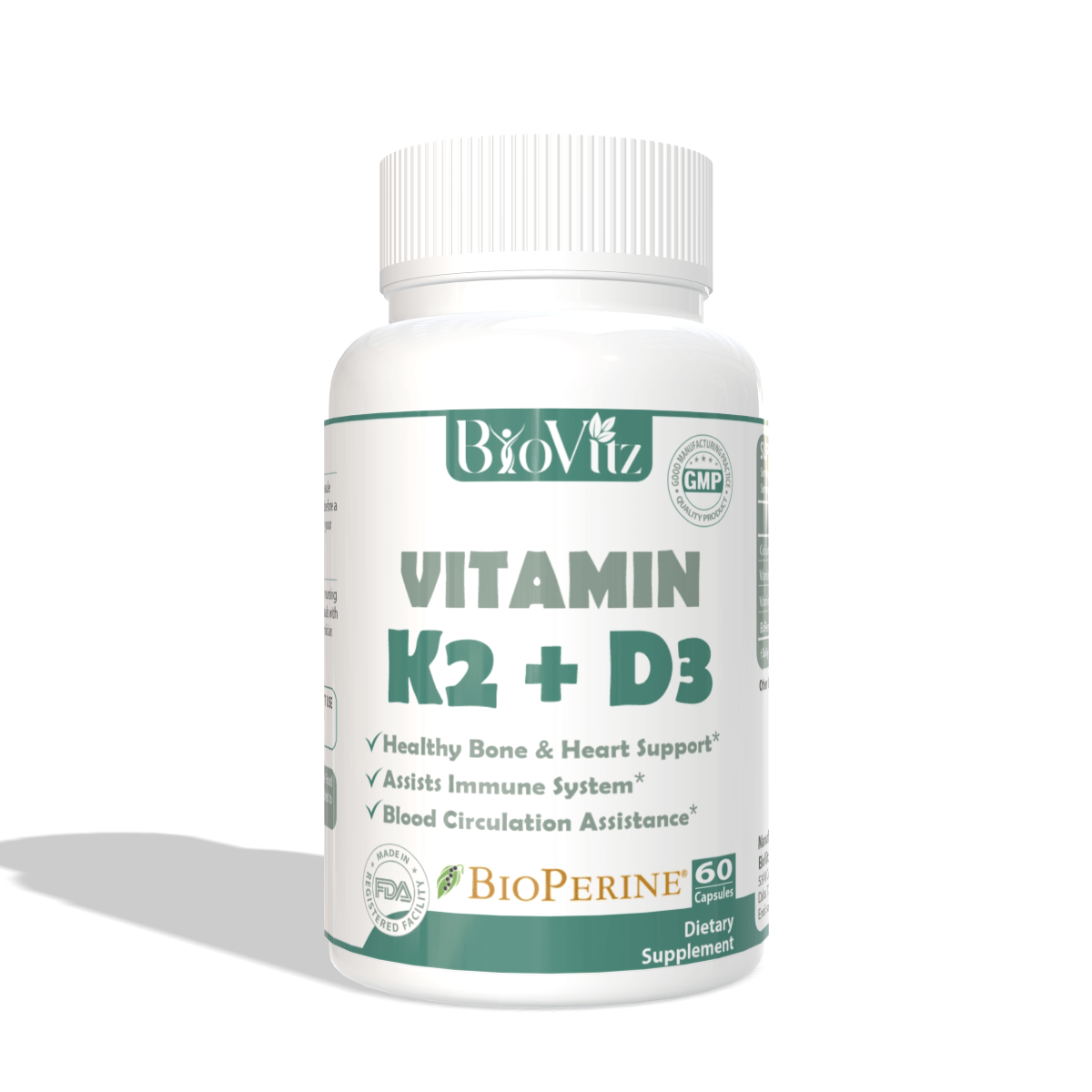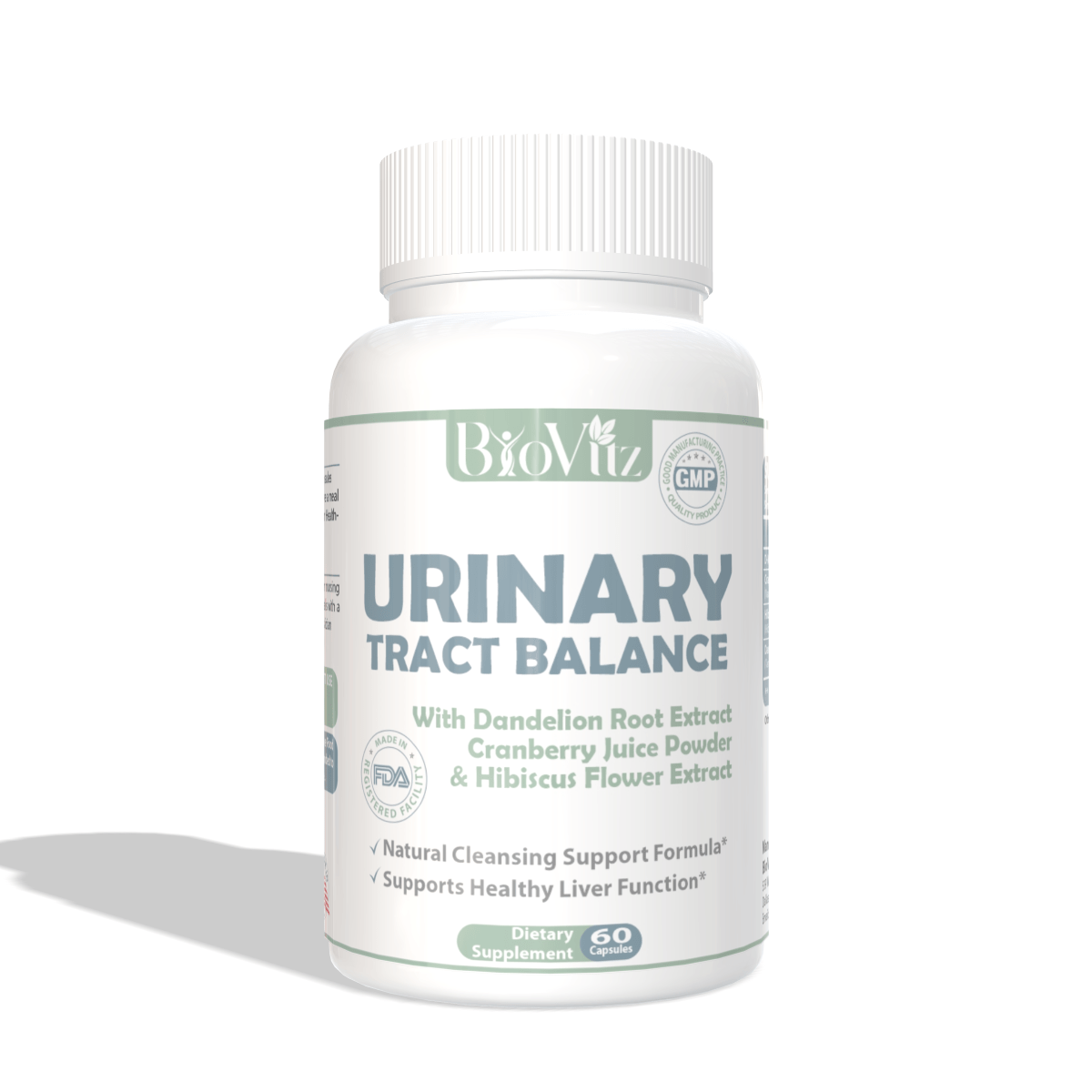Discovering the Mysteries of Postpartum Hair Loss: An In-Depth Guide for New Mothers
Step into the magical realm of motherhood! Amidst the overwhelming joy of welcoming your precious little one into your home, numerous new moms are confronted with an unexpected challenge—postpartum hair loss. This comprehensive guide will explore the underlying reasons for this occurrence, tackle common worries, and provide you with practical advice to effectively handle and minimize the impact of postpartum hair loss.

Unveiling the Causes of Postpartum Hair Loss
Postpartum hair loss stems from hormonal fluctuations, specifically the sudden drop in estrogen and progesterone levels post-delivery. This disruption in the typical hair growth cycle, transitioning from the anagen (growth) to the telogen (shedding) phase, is elucidated by dermatologists. Additional factors contributing to this phenomenon include diminished blood circulation and potential nutrient deficiencies.
Is Postpartum Hair Loss a Normal Occurrence?
Absolutely, postpartum hair loss is entirely normal. The hormonal shifts after childbirth instigate the transition from the hair growth phase (anagen) to the hair shedding phase (telogen), leading to noticeable hair loss. The physical stress endured during childbirth, encompassing the labor process, exacerbates this natural occurrence. Doctors emphasize that while postpartum hair loss is considered normal for the initial three to four months, persistent shedding beyond six months may indicate a more serious condition, such as chronic telogen effluvium.
Efficient Strategies to Reduce Postpartum Hair Loss
Thankfully, there are practical approaches to minimize postpartum hair loss while enhancing overall well-being:
1. Adopt a Healthy Diet
Prioritize a nutrient-rich post-birth diet, incorporating a variety of green vegetables, fruits, nuts, and dry fruits. A balanced diet supports overall health and contributes to healthy hair growth.
2. Limit Sugar Intake
Excessive sugar can impede blood circulation, hindering the effective delivery of nutrients to your hair follicles. Opt for a balanced approach to sugar consumption.
3. Continue Iron Supplements
New mothers should persist with iron supplements for at least six months. The demands of childbirth and breastfeeding can deplete iron stores, impacting overall health and hair growth.
4. Monitor Sugar and Thyroid Levels
Regularly checking sugar and thyroid levels can help identify and address potential factors contributing to excessive hair loss.
5. Avoid Excessive Styling
While it’s tempting to style your hair, especially during this transformative period, minimize the use of heat tools and salon procedures. Allow your hair to recover naturally.
6. Seek Professional Guidance
Consult with a dermatologist for personalized advice on suitable hair serums and supplements tailored to your specific needs.

Endurance, Tenacity, and the Timeframe of Postpartum Hair Loss
A common query among new moms is, “How long does postpartum hair loss last?” Valuable insights from Dr. Kuri indicate that postpartum hair loss typically occurs over three to six months post-delivery. However, the path to fully restoring lost hair volume can extend up to two years. If persistent shedding continues beyond six months, seeking advice from a healthcare professional is advisable.
It’s crucial to recognize that the journey toward restoring your hair’s natural volume involves more than external treatments. Prioritizing a holistic and healthy lifestyle, including a nutrient-rich diet, consistent self-care practices, and mental preparedness for the challenges of pregnancy and postpartum recovery, plays a pivotal role in the restoration process. Embrace this transformative phase with patience, knowing that in time, your hair will reclaim its pre-pregnancy glory!





















